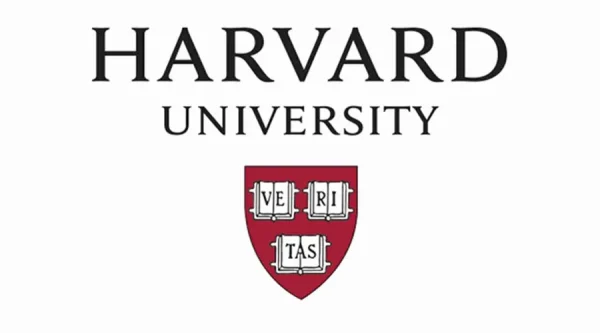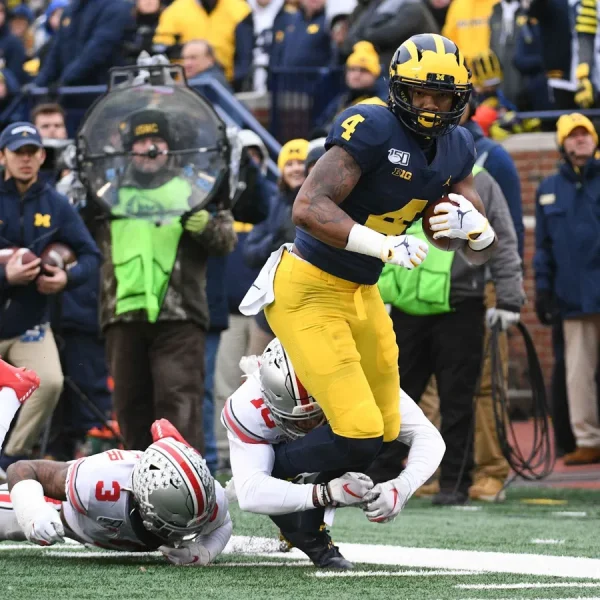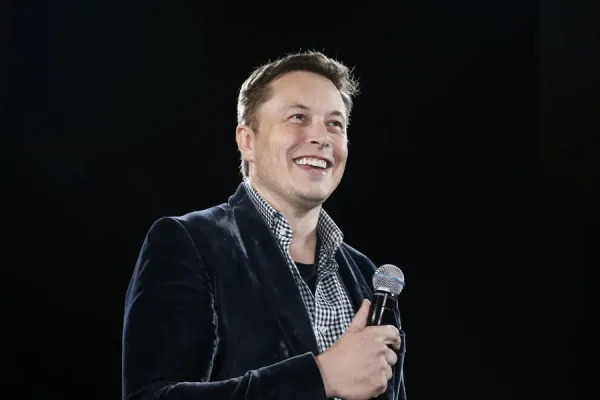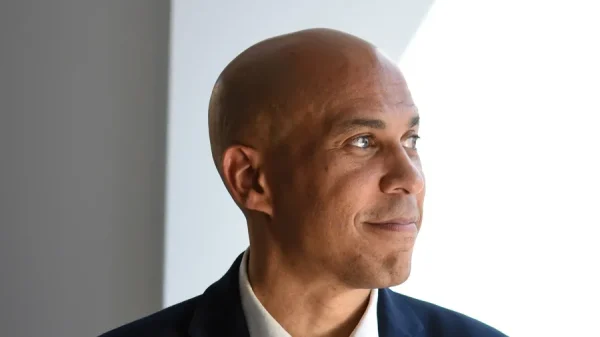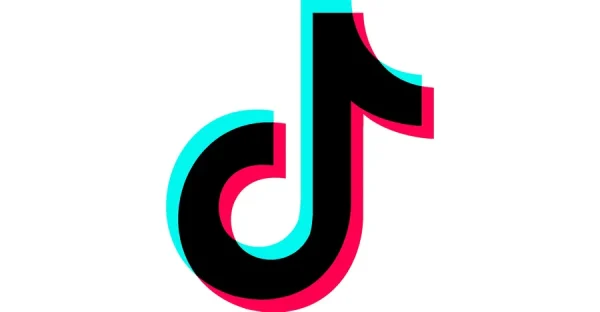Free College is Essential for an Equitable Society
Postsecondary education is one of the most heavily guarded privileges in the U.S. only afforded to those who can afford not only the means to get there. Barriers to higher education are more prevalent in the experiences of Black and brown people, historically disenfranchised and as a result are blocked from pursuing college degrees by their own merit, though oftentimes they’re more deserving than privileged students.
Income inequality in the United States is one of the most drastic in the entire world with a federal minimum wage of $7.25 that hasn’t been updated in over 10 years. The prices of goods and services are rising with inflation and the American capitalistic system consistently puts profits and the ultra-wealthy over working-class people. According to research done by MIT, over the last 40 years, class stratification has intensified between those with college degrees and those with high school diplomas.
Higher education is shown to be one of the most important factors besides the circumstances in which one is raised in securing economic stability as an adult, but the cost of attendance for these schools is rising every year. The separation of “skilled” and “unskilled” has made society at large believe the wages everyone earns for their work is what they deserve, when the bottom line is all workers sell their labor for less than its worth so companies can make money off of them. For all people to have their basic civil rights met, we need financial security and income equality.
Because of the persistent need for higher education in the modern world, students are pressured to take out astronomical loans and are left with crippling debt due to the outrageous interest rates. President Biden during his campaign promised to cancel student debt, which stands at $1.57 trillion dollars and is only growing. He’s only canceled a marginal amount, and millions of college graduates are not able to reap the benefits of their degree due to the debt they must pay back.
Alison Wang, a first-year student at Fordham University studying Global Business with a concentration in Digital Media and Technology believes that destigmatizing community college and alternative career paths after high school can help relieve some of the unnecessary stress surrounding paying for college. “I wish there were more resources to make scholarships more accessible to all students,” Wang explained.
Various politicians have proposed a wide range of bills having to do with making colleges and universities more affordable or nearly free. One notable example is Senator Bernie Sanders and Representative Pramila Jayapal’s joint bill introduced in late April, the College for All Act of 2021. It includes four-year degrees which is a point President Biden did not include in his plans for making two-year colleges free. By expanding to include traditional degrees, those who are in need of a subsidized education aren’t forced to stunt their learning at an earlier level at the risk of incurring more debt by pursuing more degrees. If passed, the bill would subsidize the cost of attendance for students from families earning less than $125,000 per year. It would cost about $48 billion per year; a mere 6% of the current military budget. This bill is the most promising initiative towards making college free.
Poverty in the United States is not only a symptom of capitalism, but is required for it to keep functioning. By leveraging the threat of homelessness and poverty over working-class people, businesses force people to sell their labor for less than it is worth. A step towards dismantling the coercive nature of this relationship is by making college free.

Beat: Opinion
Brooke Mengistu is a senior in the Humanities House. She has a dog, works at Starbucks, and enjoys listening to music. She spends her...


